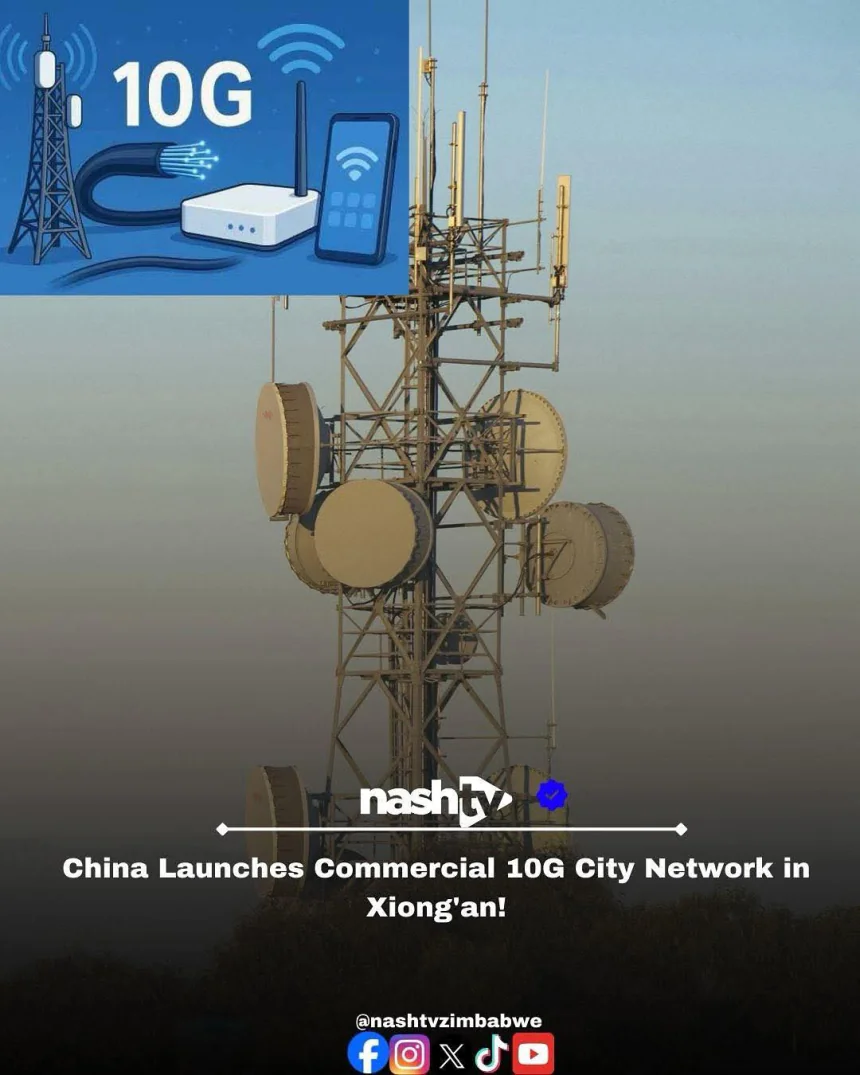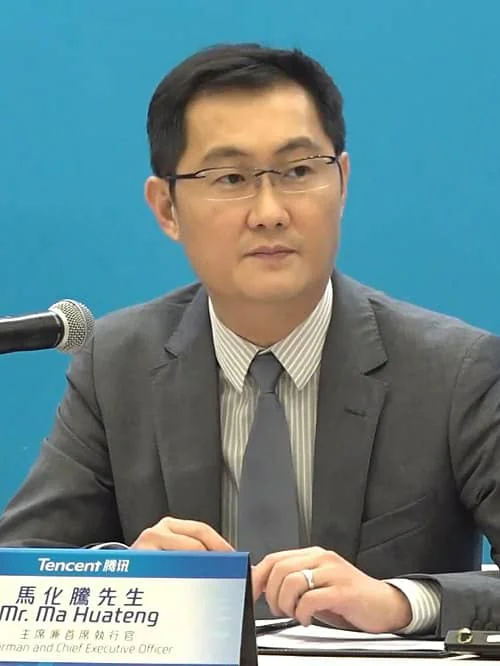Tinubu Abolishes 5% Telecom Tax to Ease Consumer Burden, Says NCC
The Nigerian Communications Commission has confirmed that President Bola Tinubu has permanently removed the five per cent excise duty on telecom services. NCC boss Dr. Aminu Maida said the move will ease cost pressures on subscribers and support digital growth. The commission also unveiled new reforms, including a public network quality map, quarterly reports, and stronger consumer protections.
The Nigerian Communications Commission (NCC) has confirmed that President Bola Ahmed Tinubu has permanently removed the five per cent excise duty previously planned for telecommunications services.
NCC’s Executive Vice-Chairman, Dr. Aminu Maida, disclosed this during an interactive media session in Abuja, explaining that the levy, which was first suspended in mid-2023, has now been fully abolished.
According to him, the president insisted that Nigerians should not be burdened with the extra cost, and this position was reflected in the new tax legislation.
The tax removal is part of the recently passed Nigeria Tax Act, which consolidates different tax laws and streamlines the framework for income and transaction taxation.
The telecom excise duty, introduced in 2022 during Muhammadu Buhari’s administration, had faced widespread opposition due to its potential impact on consumers and the economy.
With telecom services being a backbone of Nigeria’s digital economy, Maida said the removal would reduce cost pressures for subscribers and foster further growth in the sector.
He also highlighted ongoing NCC reforms aimed at consumer protection, transparency, and industry accountability. Among these are:
A public network performance map, due in September, showing download speeds, latency, and service quality.
A quarterly performance report covering mobile operators and infrastructure providers.
Completion of the NIN-SIM audit and settlement of long-standing USSD disputes.
The launch of a Major Incident Reporting Portal to strengthen oversight.
Maida stressed that Nigeria’s 2000 telecom policy had succeeded in breaking monopoly and encouraging competition, but must now be updated to reflect a digital-first era driven by internet connectivity, artificial intelligence, IoT, and emerging technologies.
He pointed out that call rates remain relatively low compared to two decades ago, with the highest rate now around ₦18–₦19 per minute, far below the ₦50 per minute peak of the early 2000s.
On consumer complaints about data depletion and failed top-ups, Maida said investigations found no evidence of fraud by operators, but rather issues linked to device settings, background app activity, and complex tariff structures. A new NCC–CBN framework has also been designed to improve recharge reliability.
The NCC’s Consumer Affairs Bureau, led by Freda Bruce-Bennett, advised subscribers to manage data usage by switching off autoplay on social media, deleting unused apps, enabling data-saving modes, and using Wi-Fi where possible.
As of now, Nigeria has 172 million active subscribers, of which 141 million are internet users, with 105 million accessing broadband services.
NCC officials urged the media to collaborate closely with the regulator in conveying

its reform efforts to Nigerians.
Share
What's Your Reaction?
 Like
0
Like
0
 Dislike
0
Dislike
0
 Love
0
Love
0
 Funny
0
Funny
0
 Angry
0
Angry
0
 Sad
0
Sad
0
 Wow
0
Wow
0










